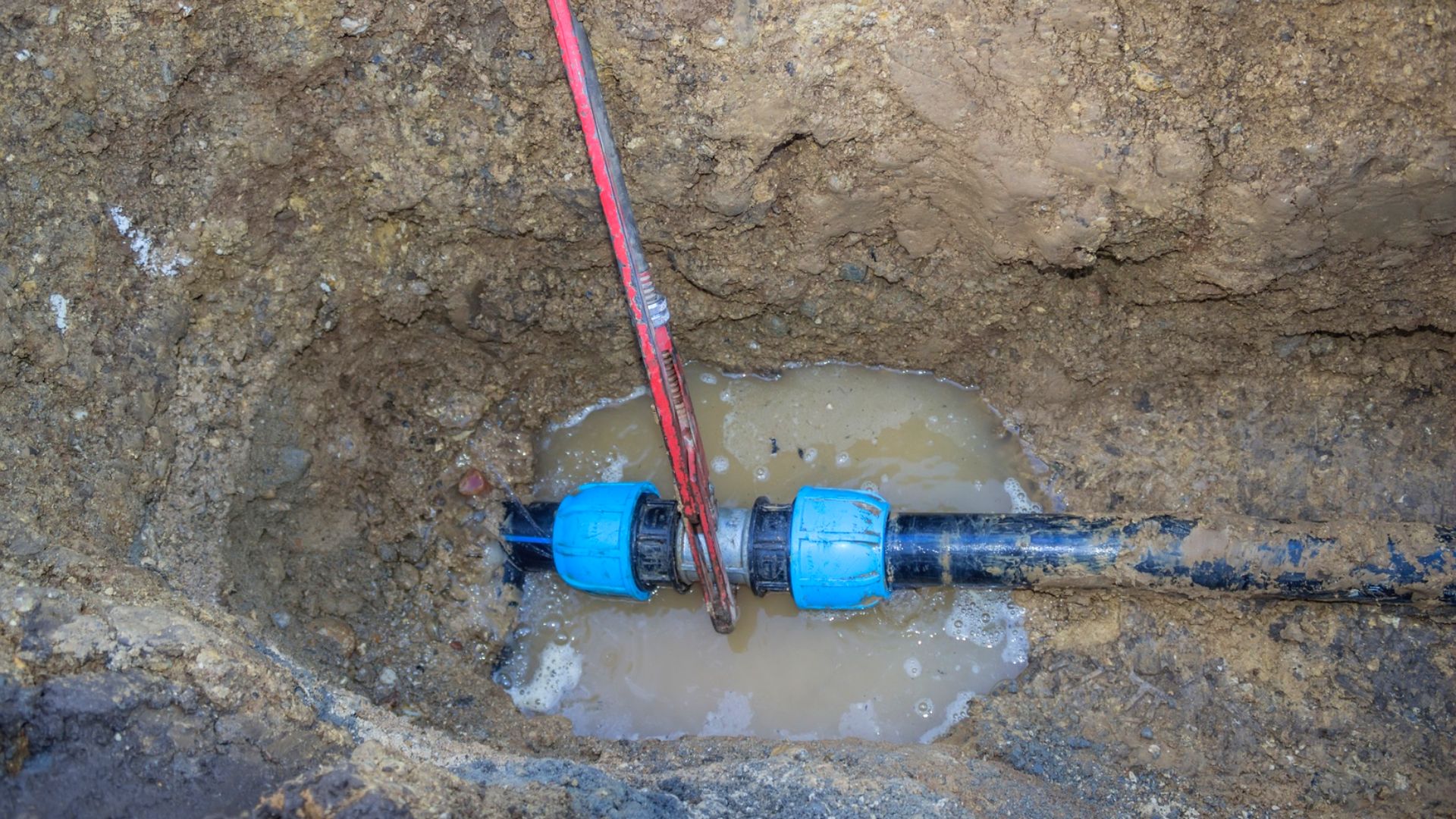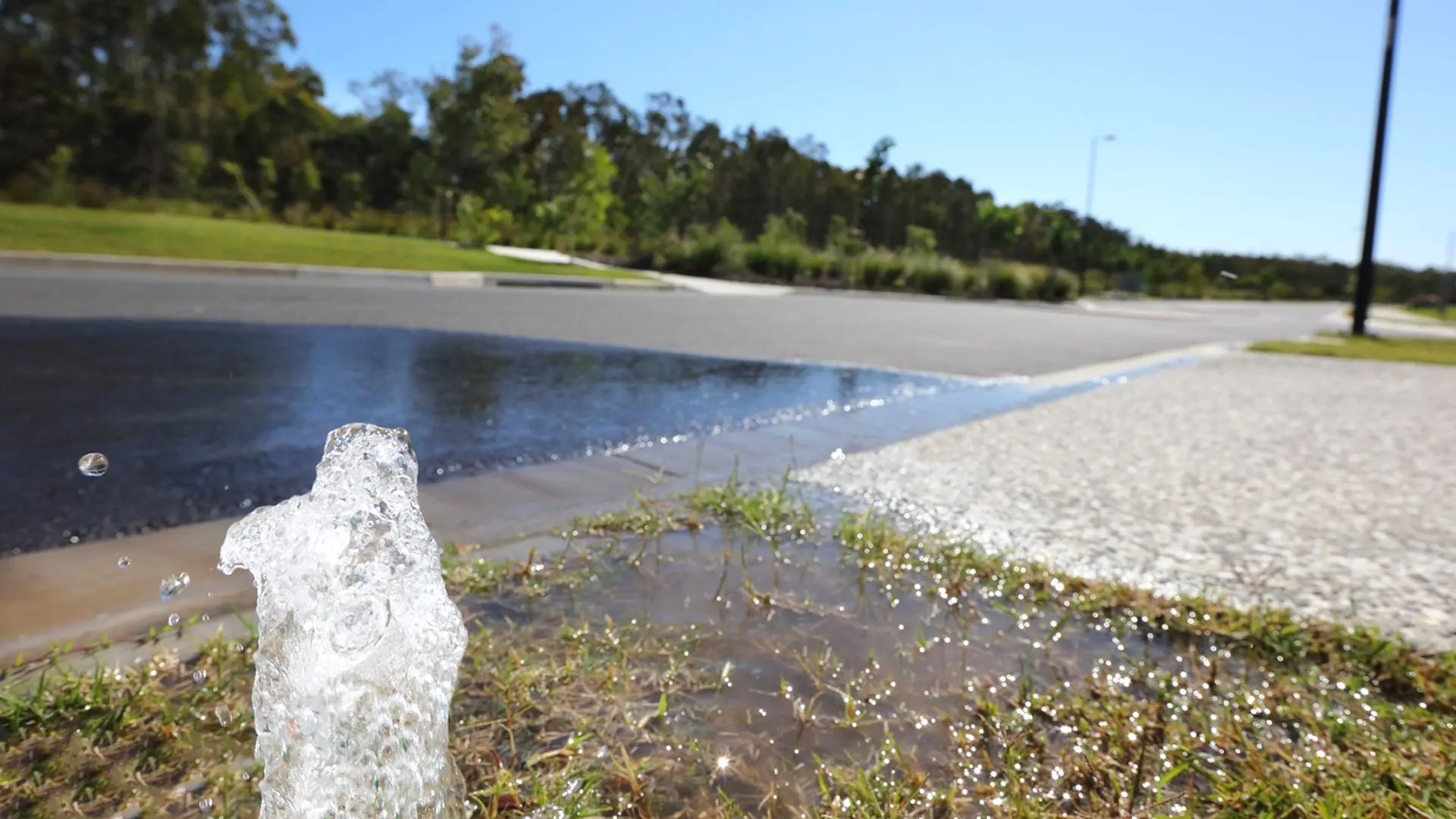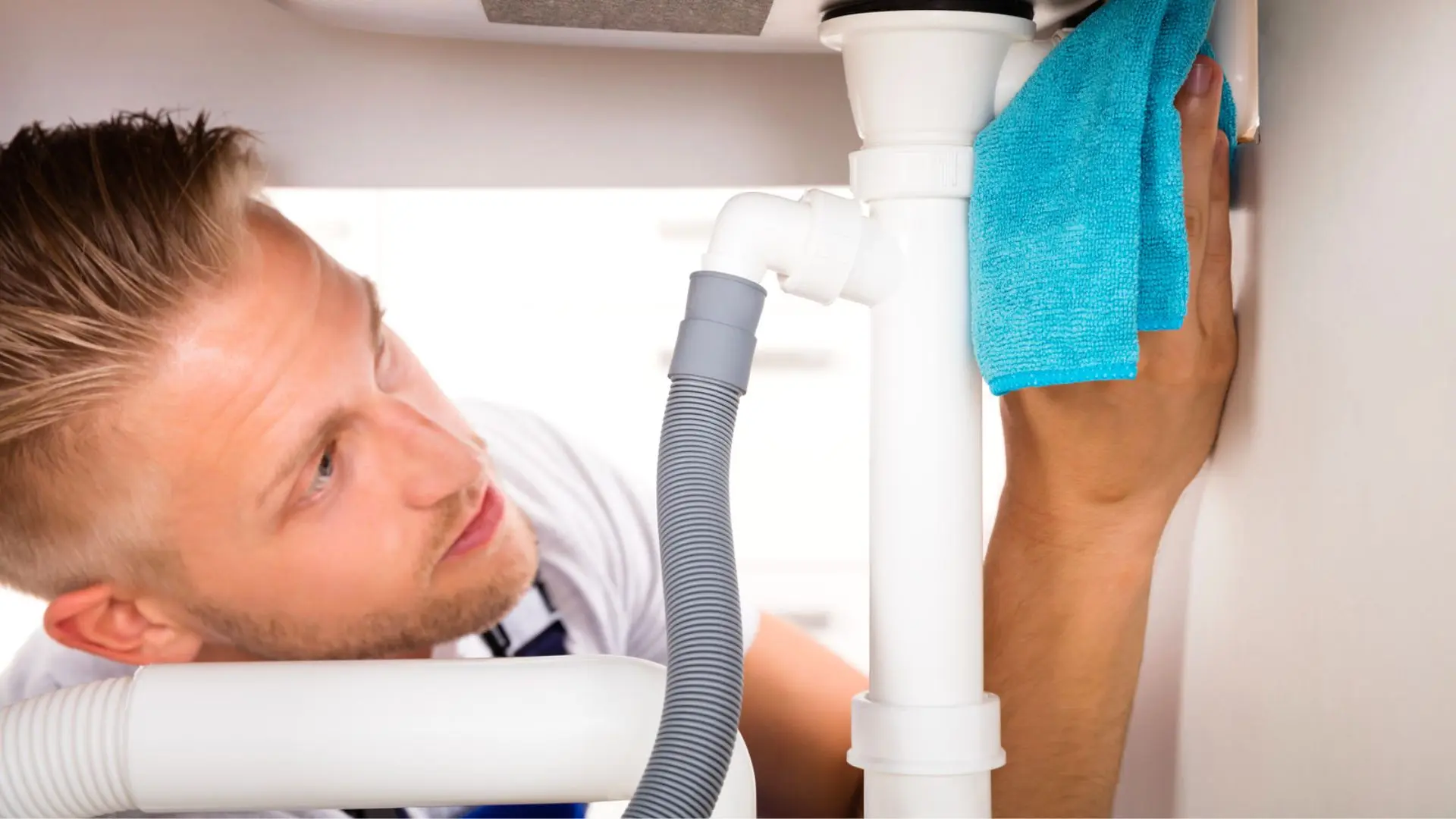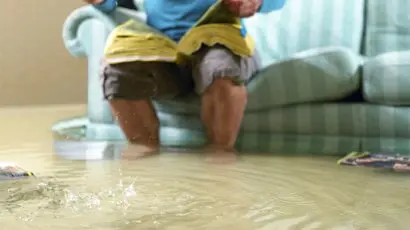How To Detect A Water Leak In Your Home
Can you hear a constant dripping noise but don’t know where it’s coming from? Read our guide as we bring you the tips and tricks for detecting a water leak.
Water leaks are common in every household. They’re so common that we neglect them until they cause severe damage.
You might have been woken up by the sound of dripping water at night or spotted random wet patches on the floor. If you leave these water leaks unattended, they can lower your home’s value.
Also, ignoring water leaks can lead to severe property damage, costing you thousands of dollars. Whenever you see signs of water leaks, try to investigate and find the source of the problem.
In this article, we’ll go through various ways to spot water leaks in your home. Once you identify a leak, it’s best to call in the professionals to get it fixed right away.
So, without any dilly-dallying, let’s get going!

Keeping an eye on your water usage can help spot leaks even if there aren’t visible signs like wet patches or dripping taps. If your water bill has gone up without a clear reason, an unseen leak might be to blame. You could also reach out to your water provider to monitor your consumption closely.
A drop in water pressure in your kitchen or bathroom taps might indicate a leak. You could try replacing the taps to see if that helps. If the pressure doesn’t improve, there’s likely a leak causing the issue.
Also, your boiler or hot water heater can cause water leaks if it is constantly on. However, detecting a leak in the hot water pipe can be tricky because it is underground.
Underground water leaks are hard to detect because they don’t catch your eye immediately. It takes quite a lot of time for the water to travel from the underground pipe leak to the surface. So, if you notice wet patches or pools of water on the floor, it’s probably because of an underground leak.
Since the water takes time to reach the surface during an underground leakage, the growth of mildew and mould is pretty standard under these circumstances. Hence, the smell of mould and mildew is a clear sign of underground leaks.
You can also use new-age leak detection tools to monitor underground plumbing leaks. You can either purchase these yourselves or hire a licensed plumber to undertake the job. Hence, it’s a fast and hassle-free solution to detect underground water leaks.
There’s no need to panic if you don’t own a leak-detecting tool. There are still some effective traditional techniques for detecting a water leak in your house. Throughout this section, we’ve discussed some common spots in your house where plumbing leaks are most likely to occur. Let’s take a look!

Your boiler or water tank valves are prone to water leakage. Check the boiler valves, and you might be able to detect the leak. But if there’s no water escaping from the valves, you might have a slow leak. Thus, look for water spots on the floor or try to detect any hissing sound from the valves.
However, the leak can indicate severe damage if you own a central healing water boiler. Under such circumstances, don’t try to fix the leak yourself; contact a professional as soon as possible.
Considering how frequently we use toilets, having a leaky toilet is quite common. Fixing a minor water leak is pretty straightforward; you can do it yourself without hiring professional help. For instance, changing the washer or improving the drainage pipe usually doesn’t require guidance from a professional plumber.
You can also check your toilet cistern for leaks by placing a few drops of food colouring in the tank. Without flushing it, look for colouring in the toilet bowl. If it’s getting through, then you have a leak.
However, if you ignore or fail to detect a toilet leak in time, it can overflow the toilet tank, causing severe property damage. Thus, if the situation is dire, it’s best to hire emergency plumbing services and fix the water leak in your toilet immediately.
Like toilets, showerheads are frequently used and are more prone to water leakage. Old showerheads wear down over time, leading to leaking shower pipes. The drop in the water pressure of the showerheads can detect leaking pipes.
You can clean your showerhead, or if that doesn’t work, replace the pipe supplying water to the showerhead with new supply pipes. It’s pretty straightforward, so you might not need professional plumbers.
The kitchen and toilet appliances you use daily are familiar sources of hidden water leaks in your house. Because of frequent usage, they might shift from their position or come loose, causing leaks.
Plus, loose pipes or valves in appliances can cause continuous water dripping. Detecting and fixing these water leaks is usually easy if you regularly check the appliances. Ensure that every appliance attachment functions properly to avoid water leaks.

If you find a water leak in the house, the first thing you need to do is determine the seriousness of the leak. You can take care of it if it’s a minor leak. However, immediately contact a professional plumber if a significant water leak can cause property damage.
If the leak is small, you can turn off the water supply to the appliance to get the equipment to fix it. But, in case of a severe leak, you need to turn off the main water supply of your house and wait for professional plumbers to check the situation.
Dripping taps and visible leaks are relatively easy to identify, but a water leak underground or in hidden leaks can be more challenging. Using plumbing fixtures like toilet cisterns and conducting a leak test can help locate the source of the issue.
If you’re dealing with a water leak in Melbourne, reach out to WP Plumbing. Our experienced team, equipped with advanced detection tools, will sort out the issue swiftly!
Most water leaks are pretty easy to fix if you detect them correctly. After going through our article, we hope you have a better idea regarding the signs of water leakage and where to look to see water leaks inside the house.
If you have an underground leak, keep looking for damp patches on the floor. The distinctive odour of mould and mildew can also clear signs of confidential leakage. But, no matter how severe the underground leaks are, it’s always better to take immediate action to avoid further damage and hefty water bills.
And remember, the best person to detect leaks in your plumbing system is always a professional plumber. With various plumbing services, they can quickly identify and fix water leaking from your garden tap, water heater or plumbing.
And on that note, we bid you farewell. Until next time.
Do you suspect there is a plumbing leak at home but don’t know how to find the problem? Read our guide to learn about the common signs you need to look out for.
Wondering how to detect and keep yourself safe from a gas leak? Our guide will tell you the 10 best ways to check if you have a gas leak in your home.
Not sure how to detect a gas leak from your stove at home? Don’t worry; we’ve got you covered with our comprehensive and straightforward to follow guide on how to identify a gas leak from your kitchen.


